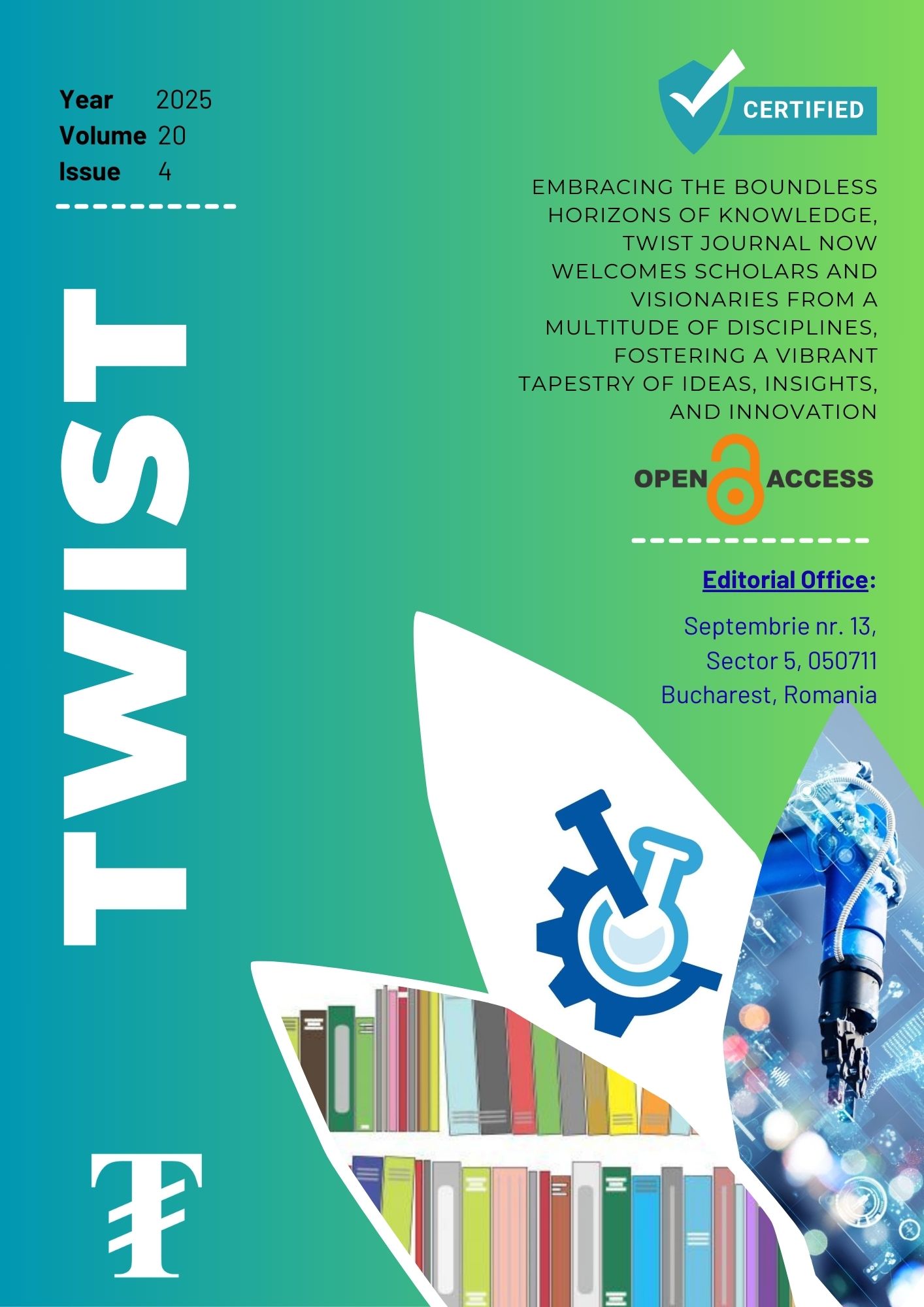Effect of Virtual Reality on the Teaching of English Spellings in Junior Secondary Schools in Akure, Ondo State, Nigeria
Keywords:
Virtual Reality, English Spelling, Secondary Schools, Nigeria, Educational TechnologyAbstract
This study explores the effect of Virtual Reality (VR) on the teaching of English spellings in junior secondary schools in Akure, Ondo State, Nigeria. Given the challenges of poor spelling proficiency among students, traditional teaching methods have proven inadequate in addressing diverse learning needs. The research examines the feasibility, effectiveness, and challenges of integrating Virtual Reality into spelling instruction. A total of 1,500 students across 30 schools were selected for the study, with participants being divided into two groups: one taught using traditional methods and the other using Virtual Reality. Data analysis, including Analysis of Variance (ANOVA), revealed that students in the Virtual Reality group significantly outperformed those in the traditional group, with higher mean scores and a more consistent performance. The findings suggest that Virtual Reality enhances spelling proficiency by offering immersive, interactive, and multisensory learning experiences, fostering deeper engagement and retention of spelling concepts. The study concludes that Virtual Reality holds significant promise in improving English spelling instruction in Nigerian secondary schools, offering a modern approach to addressing longstanding educational challenges.
Downloads
Downloads
Published
Issue
Section
License
Copyright (c) 2025 TWIST

This work is licensed under a Creative Commons Attribution-NonCommercial-ShareAlike 4.0 International License.











